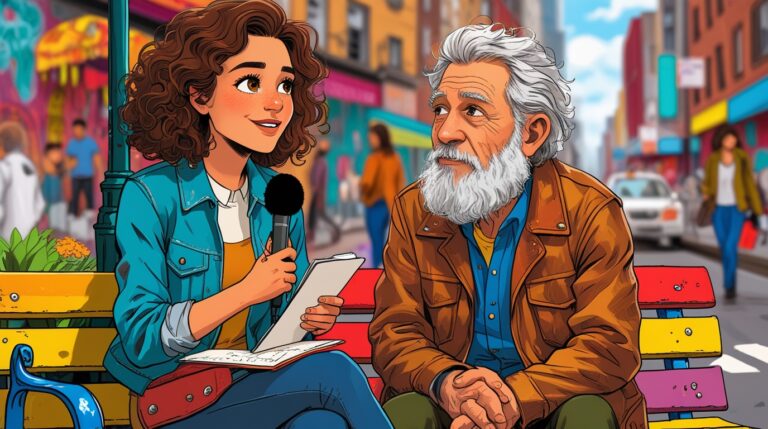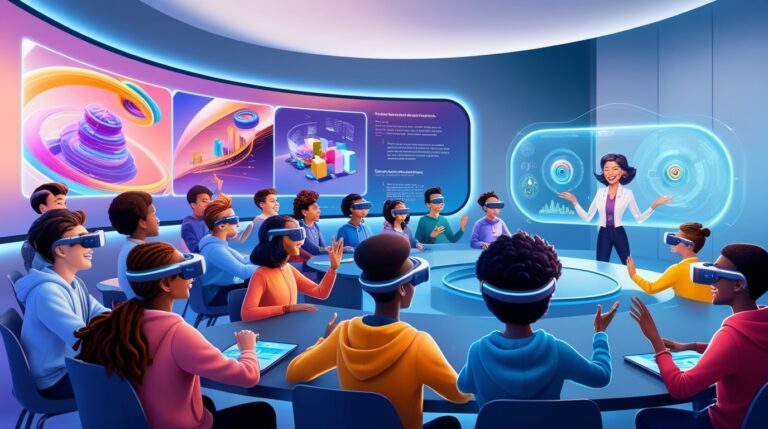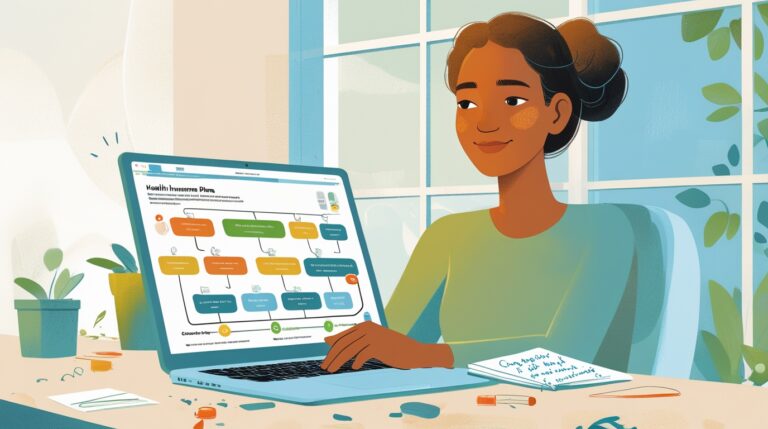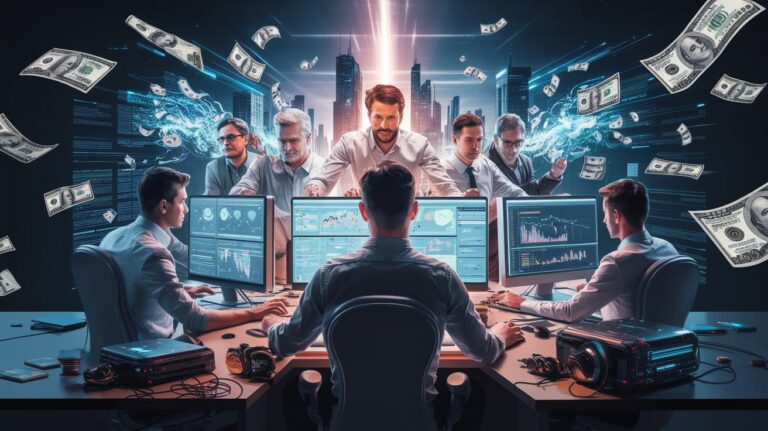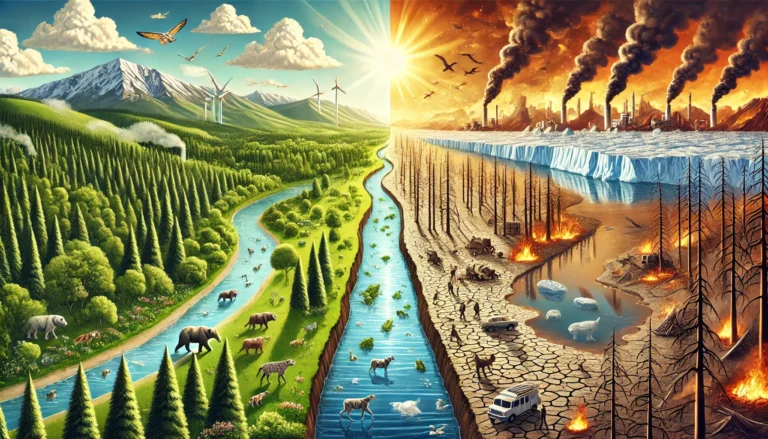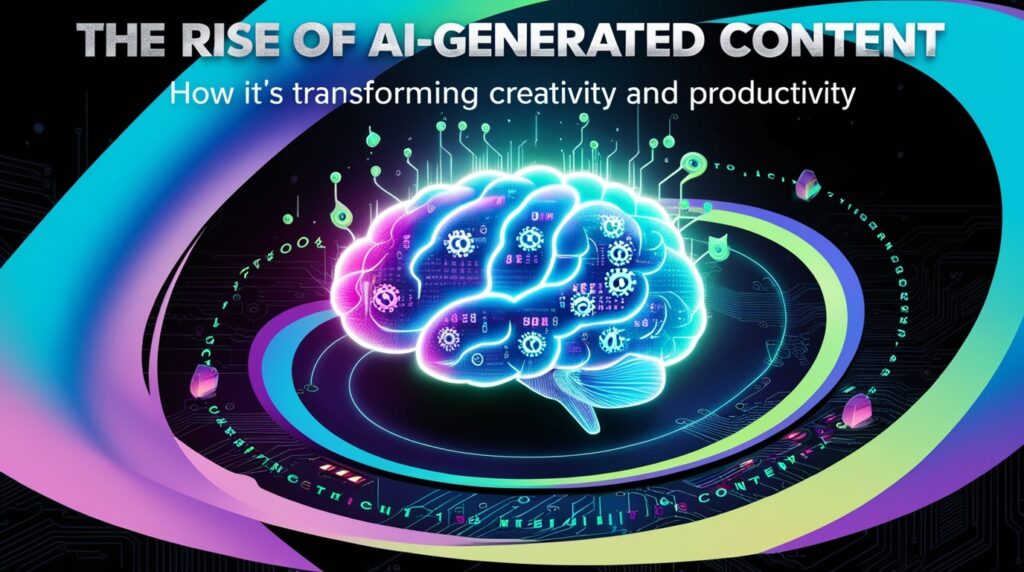
In recent years, artificial intelligence (AI) has evolved from a niche technological innovation to a transformative force across industries. One of its most profound impacts is on content creation, a space traditionally dominated by human creativity. AI-generated content is revolutionizing how we produce, consume, and perceive creative and professional output, opening doors to exciting opportunities while posing significant challenges.
What Is AI-Generated Content?
AI-generated content refers to any text, image, video, or audio created with the assistance of machine learning algorithms. Advanced AI models like OpenAI’s ChatGPT and DALL·E, Google’s Bard, and Adobe’s generative tools can now write essays, design graphics, compose music, and even produce full-length videos. These tools rely on vast datasets and powerful algorithms to mimic human-like creativity and produce high-quality, scalable content.
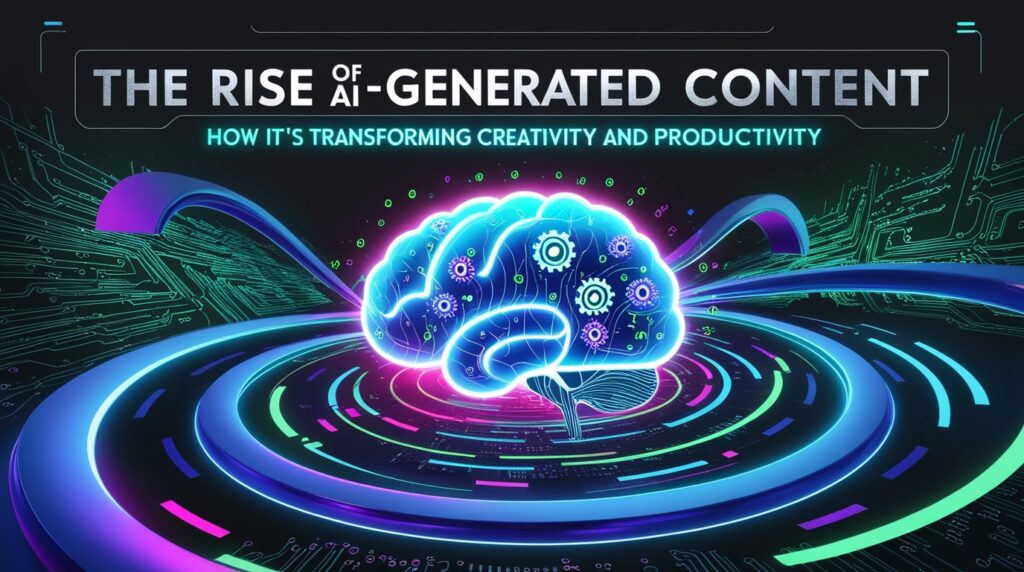
How AI is Transforming Creativity
- Empowering Non-Experts
AI tools have democratized content creation by allowing individuals without technical skills to create professional-grade work. For instance, graphic designers can use AI to generate ideas, while non-designers can create polished visuals without formal training. - Enhancing Creative Workflow
Rather than replacing human creativity, AI is often used as a collaborator. Writers use AI for brainstorming, generating outlines, or enhancing grammar. Visual artists incorporate AI to experiment with new styles or automate repetitive tasks. - Expanding Boundaries of Art
AI is pushing the limits of traditional art forms. From AI-generated paintings to deepfake videos, the lines between human and machine creativity are increasingly blurred. This shift challenges our understanding of originality and authorship.
Boosting Productivity Across Industries
- Content Marketing
Businesses leverage AI to produce blogs, social media posts, and email campaigns at scale. AI tools analyze audience data to create personalized, engaging content that resonates with target demographics. - Entertainment and Media
Scriptwriters and video producers use AI to develop plotlines, edit footage, and even create fully animated sequences. AI-powered tools can shorten production times and reduce costs significantly. - Education and Training
AI generates educational content tailored to individual learning styles, creating more effective and engaging resources. From language learning apps to virtual tutors, AI is reshaping how knowledge is shared.
Challenges and Ethical Considerations
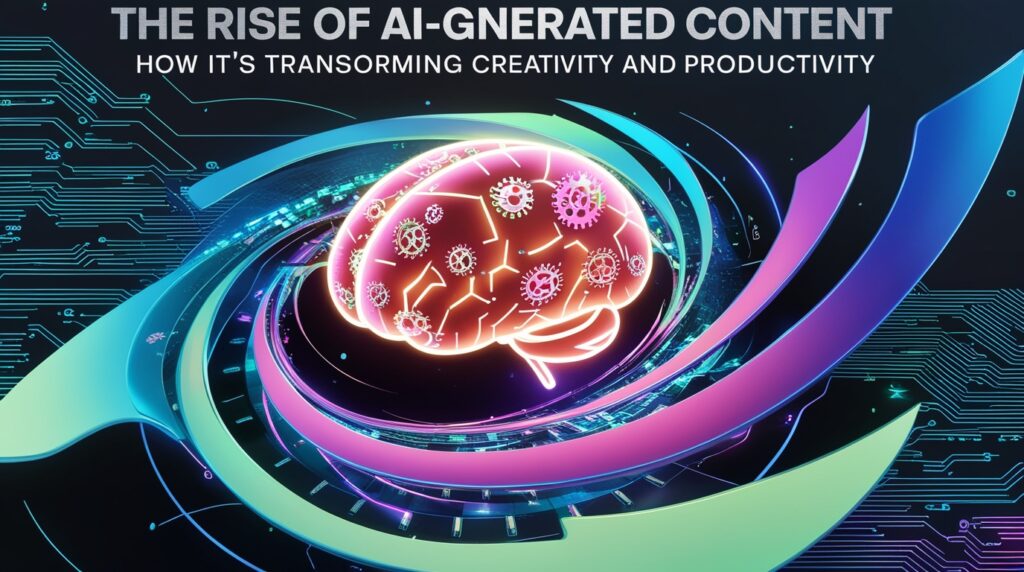
While AI-generated content offers immense potential, it raises ethical and practical concerns:
- Authenticity and Ownership
Who owns AI-generated content? As AI tools increasingly replicate human creativity, determining authorship and intellectual property rights becomes complex. - Job Displacement
As AI automates repetitive tasks, some fear it could replace jobs in writing, design, and other creative fields. However, many argue it will create new roles requiring a blend of human and AI collaboration. - Misinformation and Deepfakes
AI-generated content can be misused to spread misinformation or create deepfakes, posing risks to societal trust and security. Addressing these concerns requires robust regulation and ethical AI development.
The Future of AI-Generated Content
The future of AI-generated content is both thrilling and uncertain. As AI models become more sophisticated, their capabilities will expand, enabling even greater collaboration between humans and machines. However, fostering a balance between innovation and ethics will be crucial to ensure these tools are used responsibly.
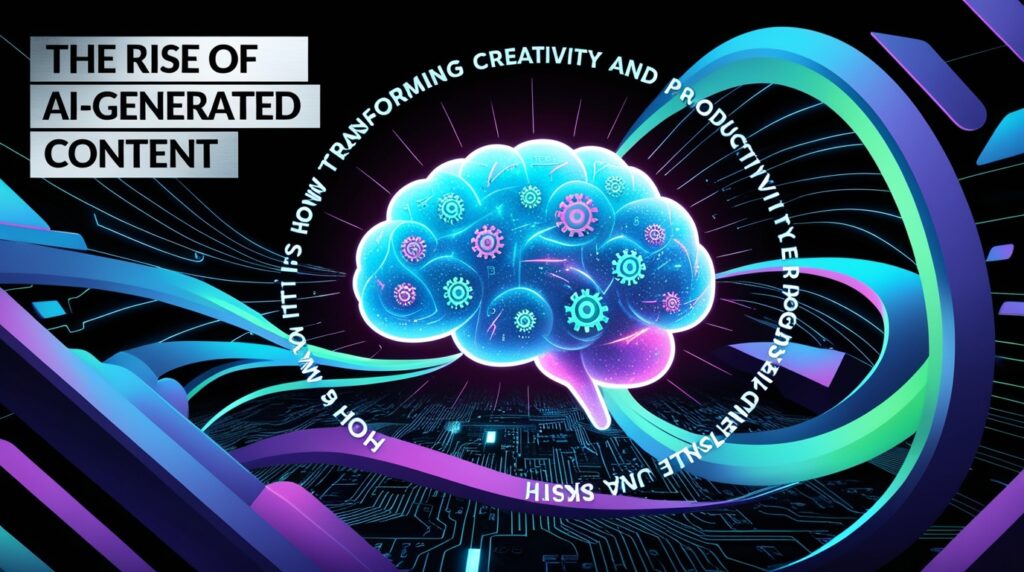
As we stand at the crossroads of creativity and technology, one thing is clear: AI is not just a tool but a partner, redefining what’s possible in content creation and productivity. The challenge lies in leveraging its potential while preserving the human essence that makes creativity truly unique.

